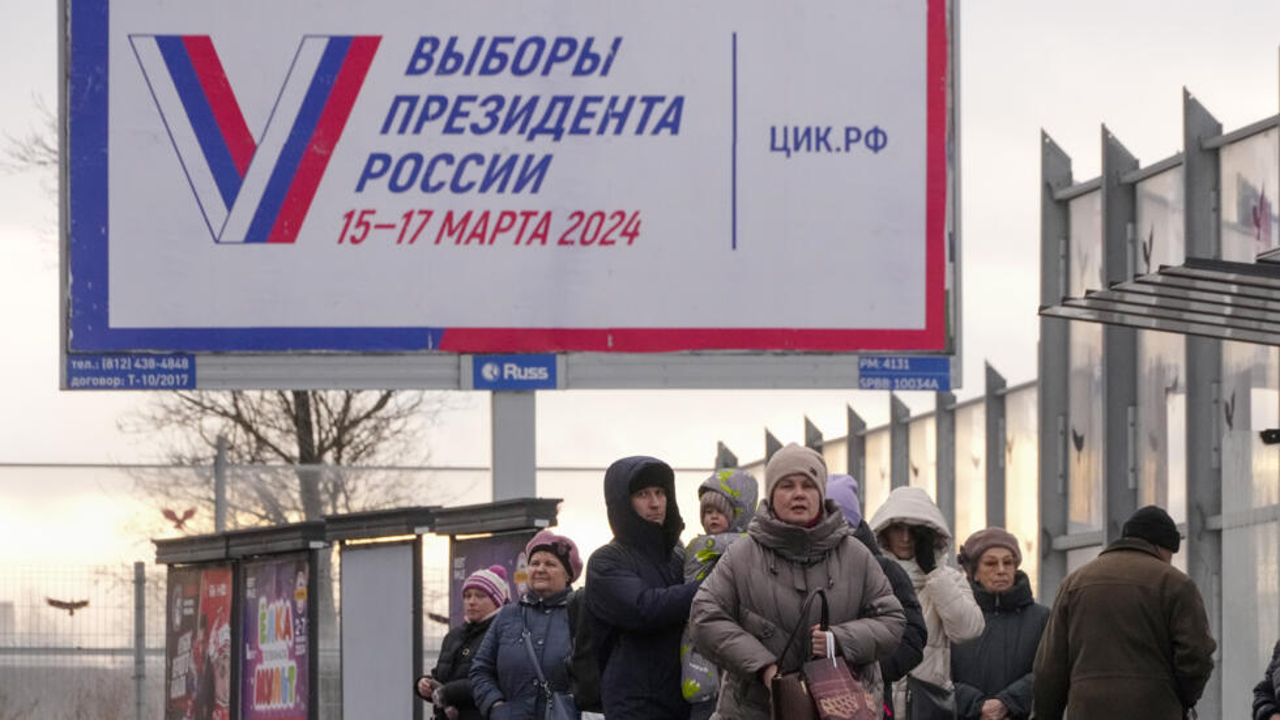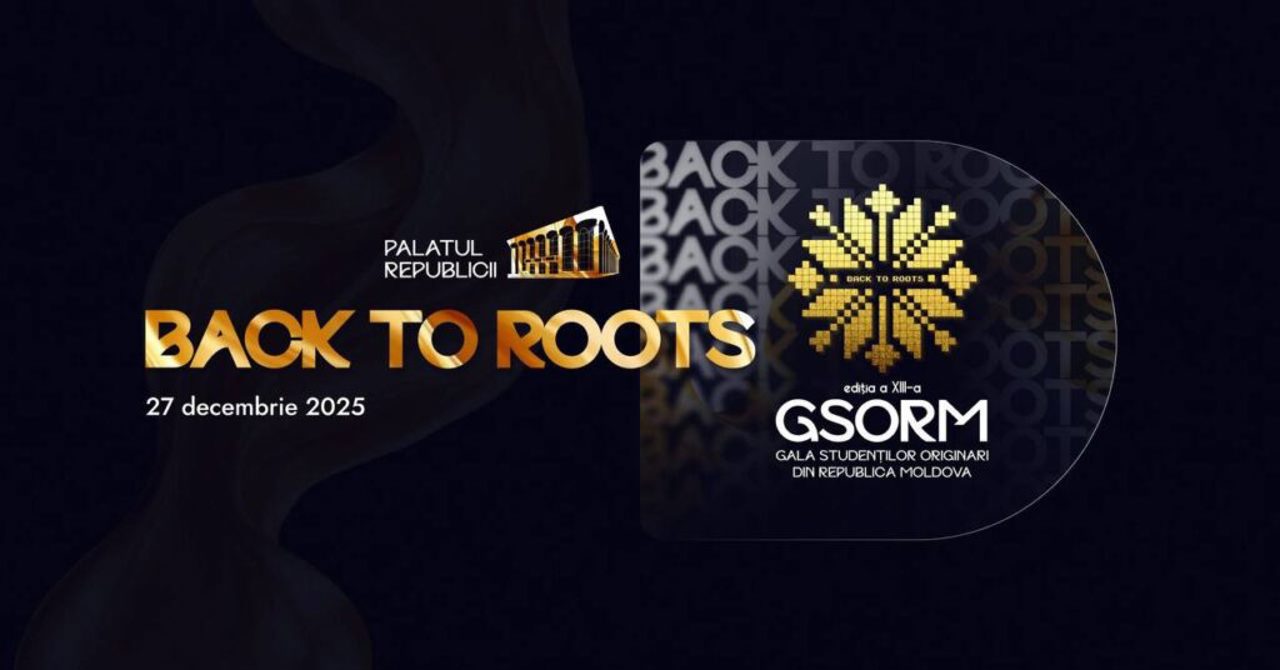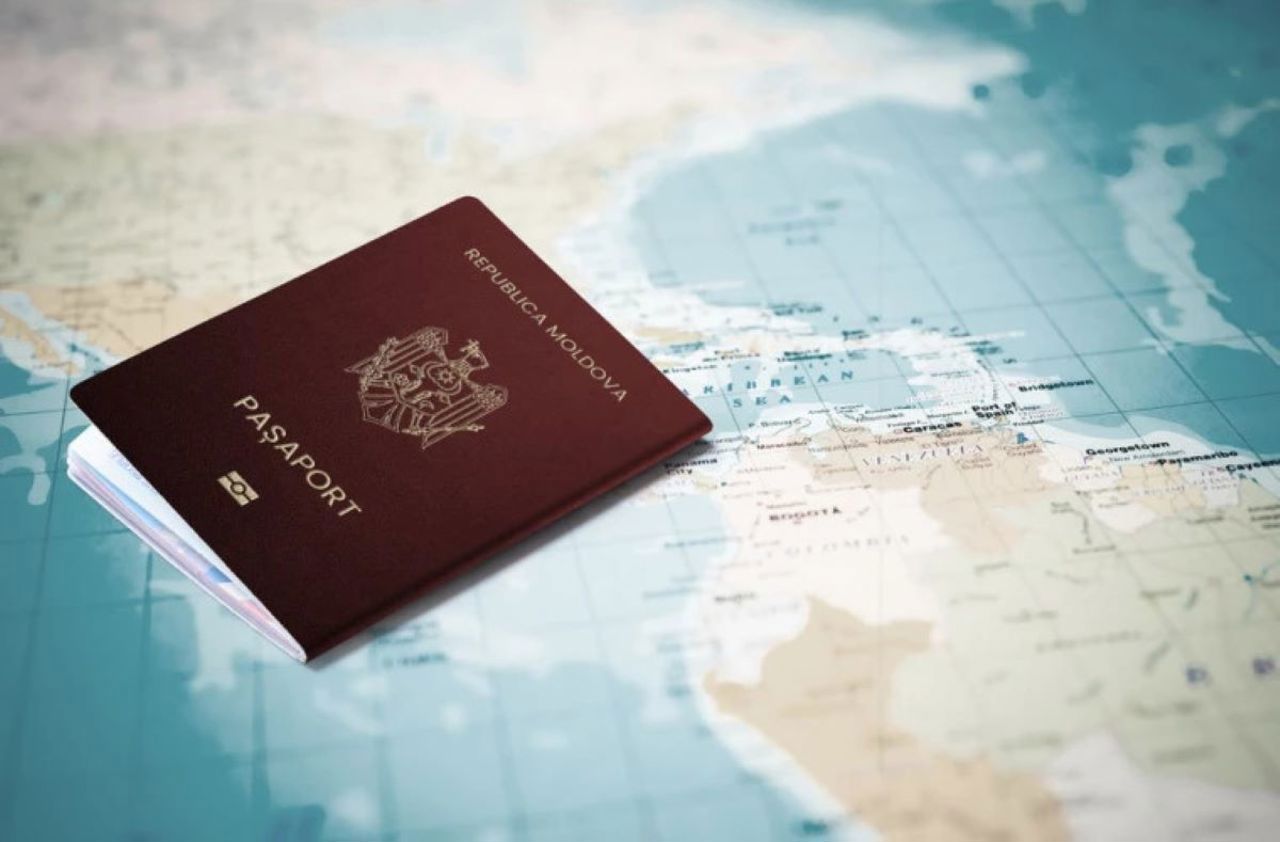Presidential elections start in Russia. Who are the facade counter-candidates
Starting today and until March 17, presidential elections are held in the Russian Federation. The ballot includes Vladimir Putin and three other front-runners. The current president is running for a fifth term, after in 2020, through a referendum, the supreme law of the country was amended, which allows him to aspire to two more consecutive terms. International experts claim that the results are predictable and the poll is an imitation of a democratic process.

More than 113 million ballots were printed for voters in the country and 580 thousand for those abroad. These are also the first presidential elections in which voting can be done online in 27 Russian regions and in Crimea, which was illegally annexed in 2014. At the same time, voting is also taking place in the regions illegally occupied by Russia in Ukraine - Donetsk, Luhansk, Zaporozhye and Kherson.
In the presidential elections at the end of this week, in addition to Vladimir Putin, Leonid Slutsky, from the Liberal Democratic Party, Vladislav Davankov, representative of the New People's Party, and Nikolai Kharitonov, the candidate of the Communist Party, are participating. The representative of the opposition, Boris Nadezhdin, considered the main rival of Putin, was excluded from the race, after the Central Electoral Commission invalidated more than 9,000 signatures collected in his support. In the same way, the request to participate in the presidential elections of the journalist Ekaterina Dunțova was rejected, invoking errors in the documents presented to the CEC.
Digi 24 writes that there is no doubt that Vladimir Putin will be re-elected, both at home and abroad, including in the occupied territories of Ukraine.
At the same time, international experts say that these elections would be simulated, as being democratic, and Putin's opponents are actually his allies and supporters. According to the Romanian analyst Armand Goșu, the results are predictable and the election is an action to reconfirm Vladimir Putin as president.
OSCE observers are skeptical and claim that the elections in Russia will not be free and fair. They say that extending the voting process over several days and introducing online voting further hinders the transparency of the election and leaves room for possible fraud.
For these elections, Moscow intends to open six polling stations on the territory of the Transnistrian region, although the authorities of the Republic of Moldova allowed the opening of only one polling station, in the premises of the Embassy of the Russian Federation in Chisinau. In response to Moscow's actions, the ambassador of the Russian Federation, Oleg Vasnetsov, was summoned to the Ministry of Foreign Affairs, where a note of protest was submitted to him.
We remind you that, at the end of February, the President of the European Parliament, Roberta Metsola, said in an interview for Romania Free Europe that the European Union will never recognize the results of the presidential elections in Russia. Also, the Ministry of Foreign Affairs in Bucharest questioned the legitimacy of the elections organized by Russia in the occupied territories of Ukraine.
Vladimir Putin, 71, a former KGB officer, was appointed interim president by Boris Yeltsin on December 31, 1999. Since then, with a four-year hiatus, he has led Russia.





